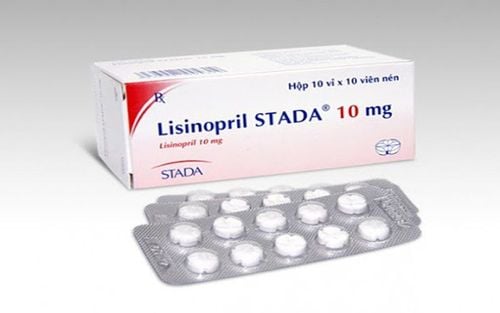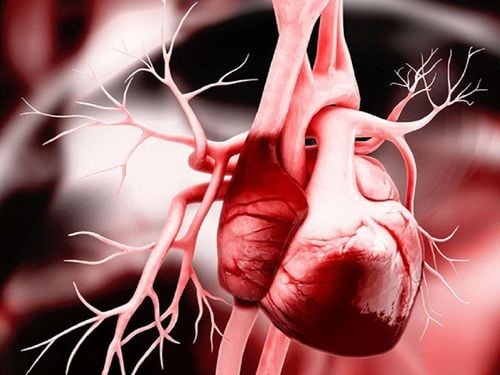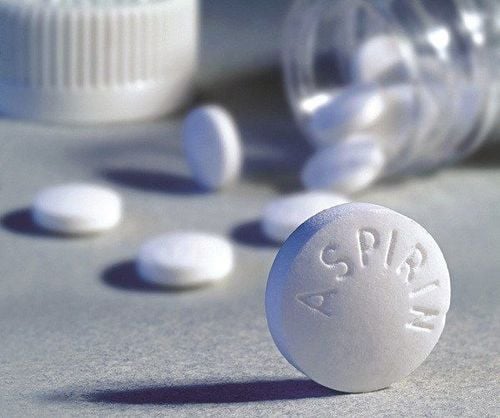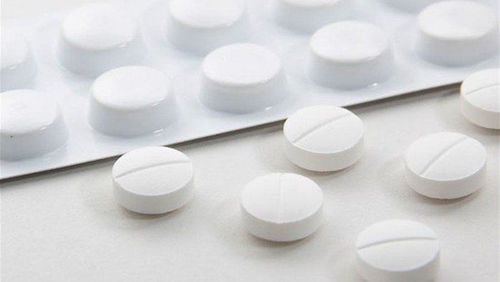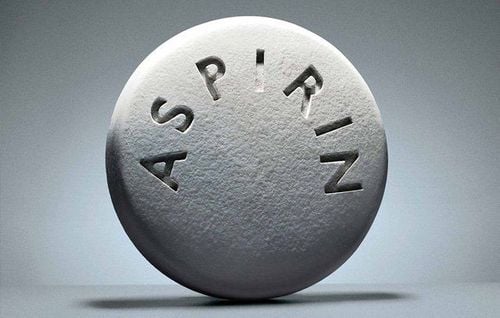This is an automatically translated article.
The article is professionally consulted by Master, Doctor Bui Tien Dat - Emergency Medicine - Cardiology - Emergency Resuscitation Department - Vinmec Hai Phong International General Hospital. The doctor has more than 12 years of experience in the field of emergency resuscitation - cardiology.Someone, be it a professional sports star, young athlete, or marathon runner who looks normally healthy, could suddenly die from heart disease. Sudden cardiac arrest (or sudden cardiac arrest) is the loss of heart function resulting from cardiovascular diseases such as coronary artery disease, cardiomyopathy, congenital heart disease, arrhythmia
1. What is sudden cardiac arrest?
When you hear about a young person dying suddenly, you might think that person died of a heart attack. But sudden cardiac arrest also known as sudden cardiac death is different.A heart attack can stem from a circulatory problem, or a problem with the heart's vascular system. A heart attack occurs when there is a sudden blockage in a coronary artery that severely reduces or cuts off blood flow to the heart, causing damage to the heart muscle.
In contrast, sudden cardiac arrest is caused by a problem with nerve conduction in the heart. It occurs when the signals that control the heart's ability to contract are disrupted. Suddenly the heart may beat abnormally fast, causing the heart's ventricles to vibrate instead of pumping blood. This arrhythmia, called ventricular fibrillation, occurs in response to an underlying heart condition that may not have been detected.
Ventricular fibrillation interrupts the heart's pumping action, blocking blood flow to the rest of the body. A person in sudden cardiac arrest will fall and lose consciousness suddenly, without a pulse or breathing.
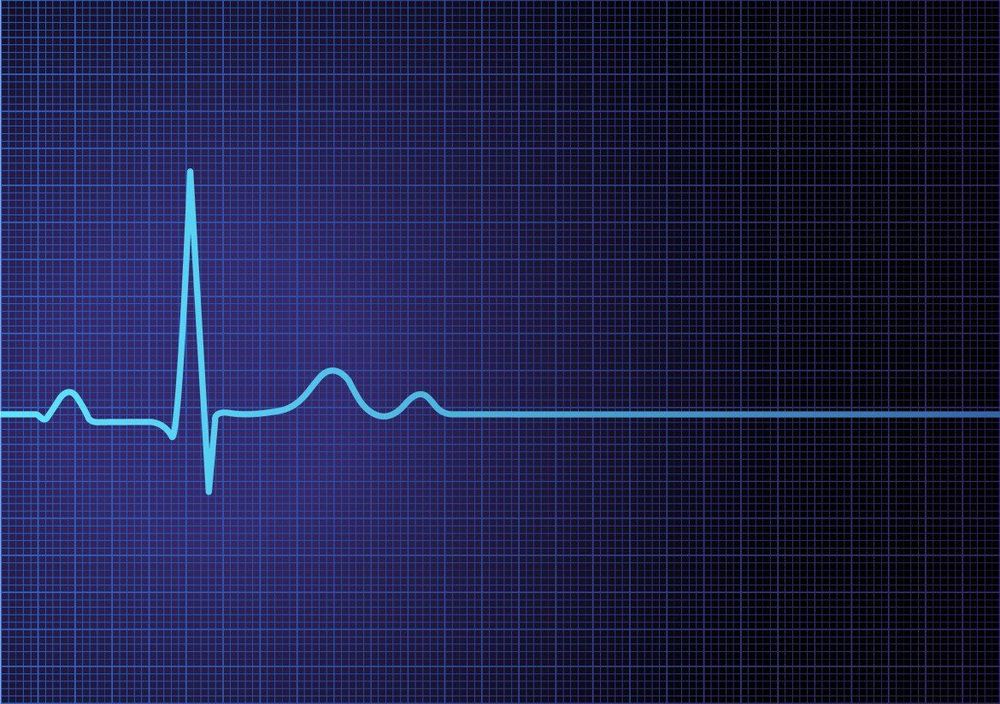
However, there is a link between heart attack and sudden cardiac death. A heart attack can cause a breakdown in signal conduction, which in turn can lead to sudden cardiac arrest.
2. Causes of sudden cardiac arrest
You probably know that high blood pressure, high cholesterol, diabetes and other problems can lead to heart disease in the elderly. But you may not be aware of rare heart disorders that can cause sudden cardiac arrest in young people.Health problems in a young person are very different from those in a 50 or 60 year old. Young people rarely suffer from conditions such as high blood pressure, diabetes, high cholesterol, etc. they may have hereditary diseases of the heart muscle, of the signaling system, or congenital heart diseases. .
The leading cause of sudden cardiac arrest is hypertrophic cardiomyopathy (HCM). This is a disorder characterized by abnormal thickening of the heart muscle. Their hearts are very thick and the inner layers of the heart may not get an adequate blood supply when exercising or playing sports.
However, hypertrophy of the heart muscle is very rare, it is estimated that only about 0.05 - 0.2% of the population has this condition.
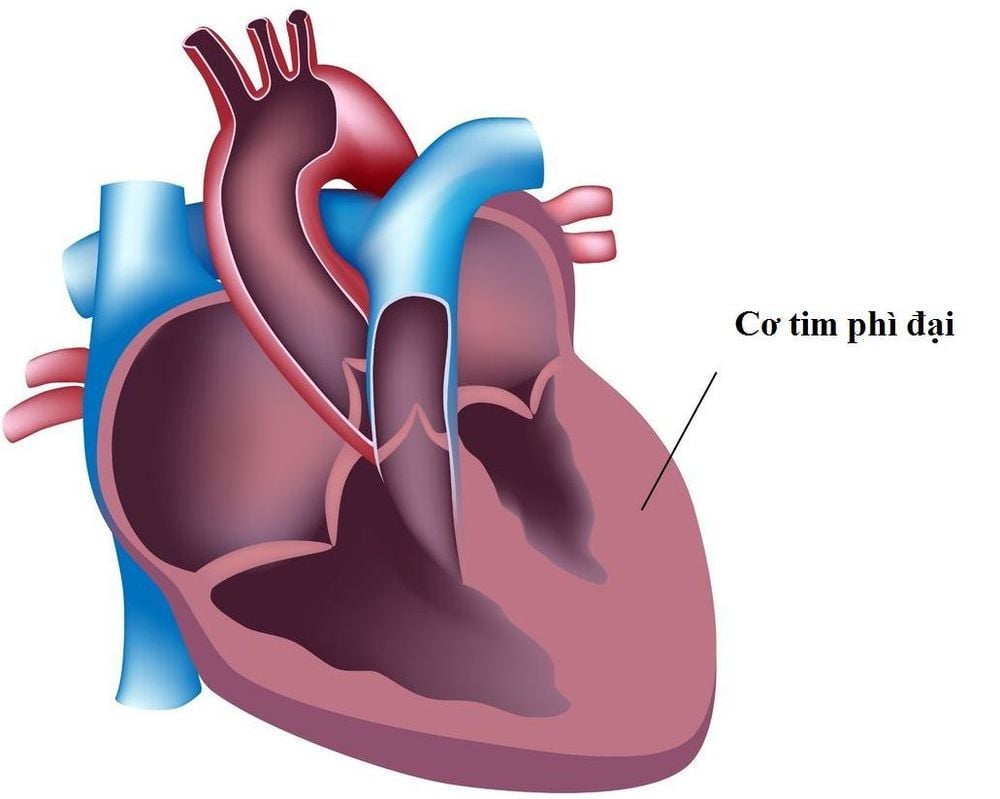
Other factors that can trigger sudden cardiac arrest include:
An inherited rhythm disorder of the heart called long QT syndrome. Acute myocarditis. Marfan syndrome Marfan syndrome is an inherited disorder of the connective tissue that can cause fatal cardiovascular effects. People with Marfan syndrome are at risk for an aortic aneurysm or aortic dissection. These conditions can cause a fatal rupture of the aorta. The risk increases with a sudden rise in blood pressure that can occur during intense sporting activities.
Some athletes die after being hit in the chest, an injury known as commotio cordis. When the chest is struck during a vulnerable phase of the cardiac cycle, ventricular fibrillation can occur. However, the chance of this phenomenon is extremely small, because the vulnerable time window is very small, only about 40/1000 seconds.
3. Screening for sudden cardiac arrest
In some cases, sudden cardiac arrest occurs without warning symptoms. But there are also cases where patients have warning signs. Like Reggie Lewis who fainted during a basketball game a few months before dying of sudden cardiac arrest.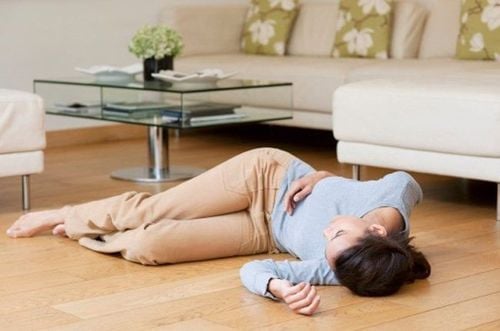
Assess for chest pain on exertion, unexplained fainting, family history of premature death from heart disease, and other related problems. Your doctor will then perform a physical exam, checking for heart murmurs, heart rate, blood pressure, and physical signs of Marfan syndrome.
This screening helps to detect heart abnormalities early so that early treatment can help reduce the risk of sudden cardiac arrest. Young people at risk need to avoid highly competitive sports, take beta-blockers to stop the heart from beating too fast, or have surgery to implant a defibrillator to keep their heart beating. normal electricity.
4. What to do to prevent sudden cardiac arrest?
4.1. Make Sure Young Athletes Get Cardiovascular Screening Athletes, especially younger athletes, need regular cardiovascular screening. This job is extremely important, it assesses the health status of athletes to see if they are healthy for competition or not.However, not everyone consciously does this. Many people just do it to cope, assuming that athletes are healthy, no problem can happen.
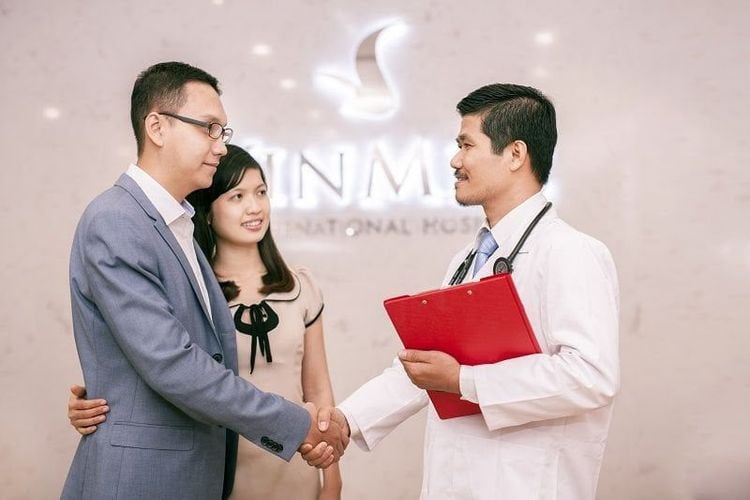
Sports will put more strain on a damaged heart, so the above symptoms tend to occur during or immediately after exercise or sports.
That's why people should never ignore symptoms. There was once a high school athlete who went to the school nurse 16 times to complain of chest pain, but no one took his condition seriously. And as a result, he died from myocardial hypertrophy while playing sports.
However, young athletes do not always honestly report their health conditions. Because they want to be able to play sports, they want to prove they are perfectly fit and capable of playing them.
But, even after being diagnosed, some athletes still struggle to keep competing, playing the sport they love. It is not easy to convince them to give up the sport they love.
Not only young people, but even older people must not ignore any signs related to heart disease. Although exercise symptoms in adults are not necessarily due to rare heart conditions, they can be due to coronary artery disease,... and it is still important to see a doctor for an accurate assessment of your condition. condition and specific treatment.
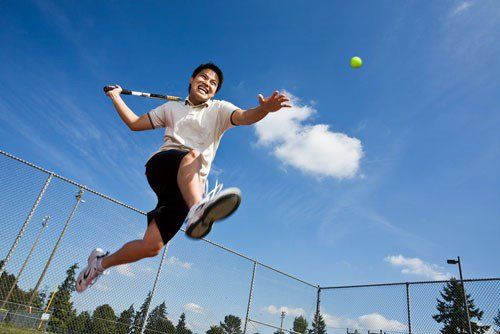
Defibrillators should also be available in some workplaces and public buildings. A doctor is not required to use the machine. Relatives, knowing about the patient's condition can diagnose and use the defibrillator to treat the patient quickly, if they have been instructed, or have instructions on the machine.
However, this is also met with many objections, because of the price and maintenance costs of the machine. Along with that is the legal responsibility of the supplier and user of the machine. But they have been shown to be life-saving.
Vinmec International General Hospital is a leading prestigious medical facility in the field of treatment of cardiovascular diseases, including myocarditis, with a team of specialized and experienced medical doctors. with modern equipment system, supporting the treatment to achieve the highest efficiency.
Please dial HOTLINE for more information or register for an appointment HERE. Download MyVinmec app to make appointments faster and to manage your bookings easily.
Reference source: webmd.com




